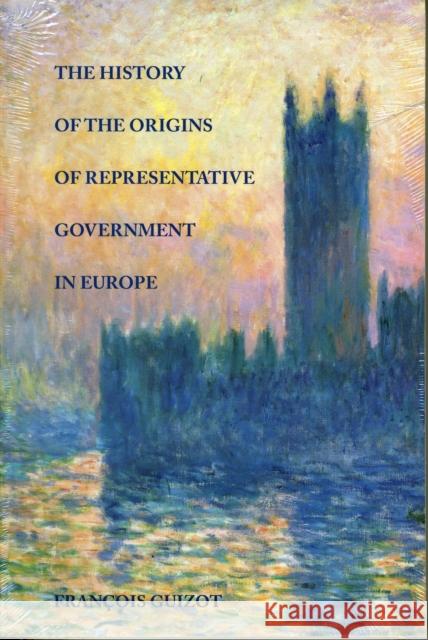History of the Origins of Representative Government in Europe » książka
History of the Origins of Representative Government in Europe
ISBN-13: 9780865971257 / Angielski / Miękka / 2002 / 480 str.
" In every society there exists a certain sum of correct ideas. This sum of correct ideas is scattered among the individuals who make up the society and is unequally distributed among them. The problem is to gather up all the scattered and incomplete fragments of this power, to concentrate them, and to constitute them into a government. What is called representation is nothing other than the means of arriving at this result. It is not an arithmetic machine intended to collect and enumerate individual wills. It is a natural process for extracting from the bosom of society the public reason that alone has the right to govern." from the book The French political philosopher and historian Francois Guizot (1787 1874) was one of the French Doctrinaires, thinkers who sought to avoid the interpretations of the Revolution advanced by either extreme of Left or Right. He argued that in order to understand the nature of political institutions it is necessary to study first the society, its composition, mores, and the relation between various classes. At the very center of his theory lies the principle of the sovereignty of reason. Aurelian Craiutu, associate professor of political science at Indiana University, writes in the introduction: "A cursory look at the table of contents shows the originality of this unusual book: it combines lengthy narrative chapters full of historical details with theoretical chapters in which Guizot reflects on the principles, goals, and institutions of representative government." The first part of the book covers the period from the fifth to the eleventh century and such topics as the "true" principles of representative government and the origin and consequences of the sovereignty of the people. The second part spans the Norman Conquest to the reign of the Tudors in England and analyzes the architecture of the English Constitutional monarchy. Guizot's historical method combined philosophy and history by passing from the exposition of facts to the examination of ideas. Readers not familiar with him will profit from an encounter with Guizot, who not only writes in a beautiful French style but also illustrates the French liberal-conservative tradition at its best, much like Constant and Tocqueville."











